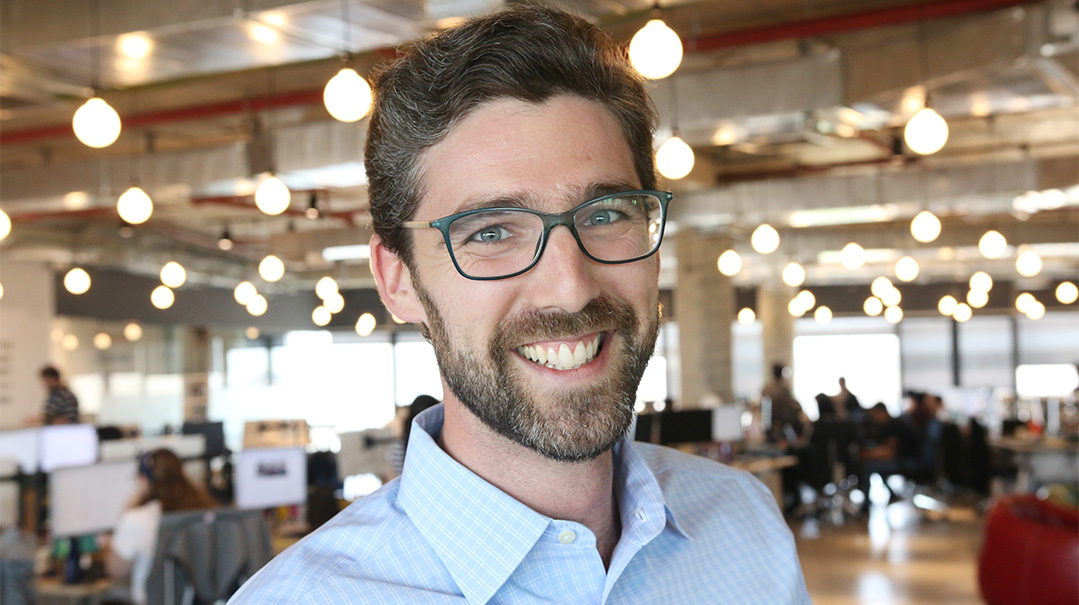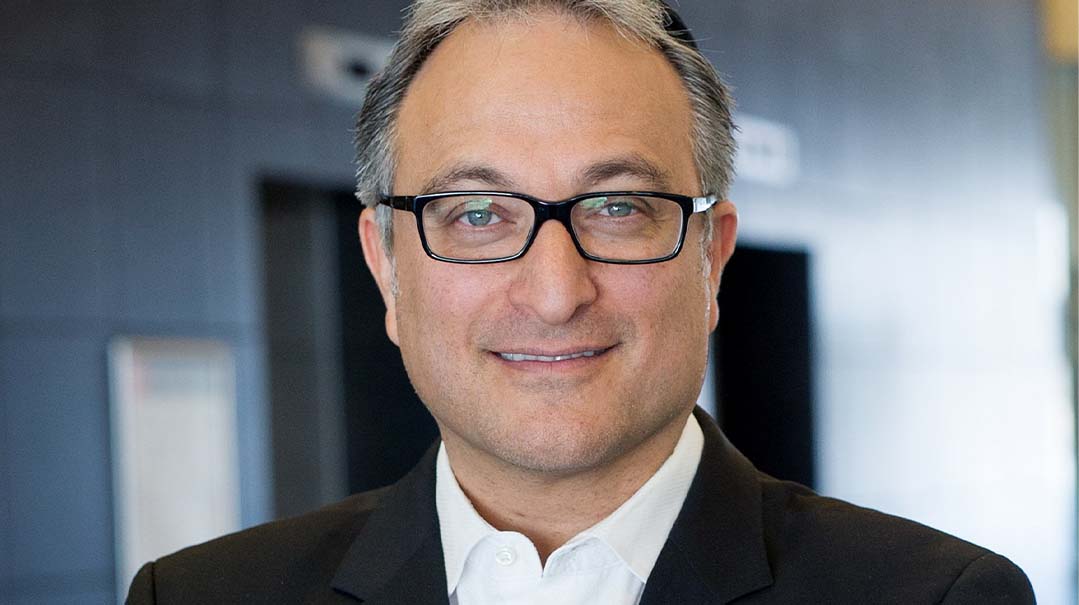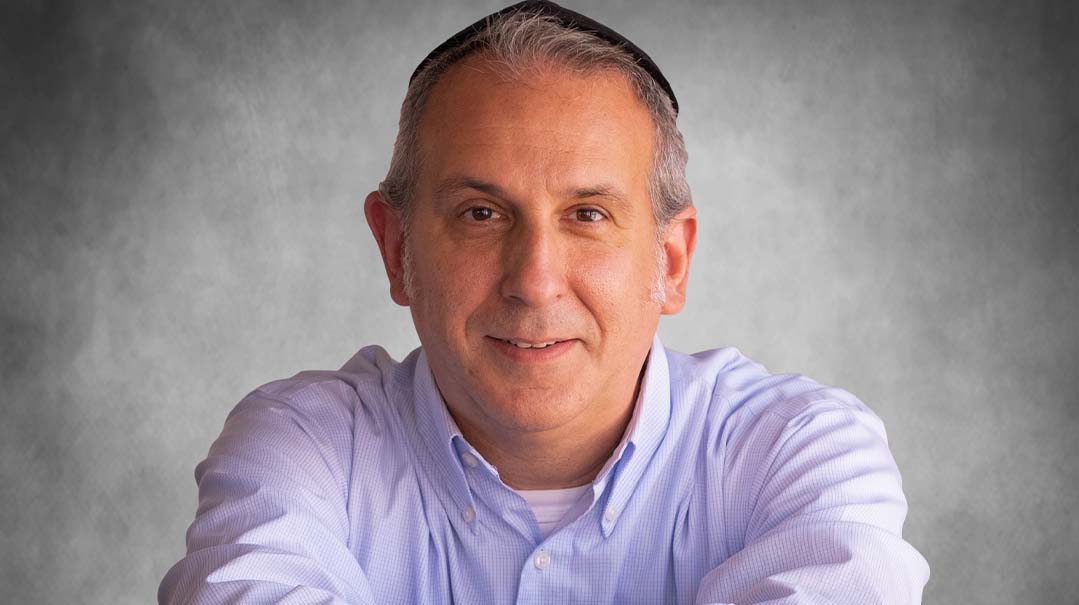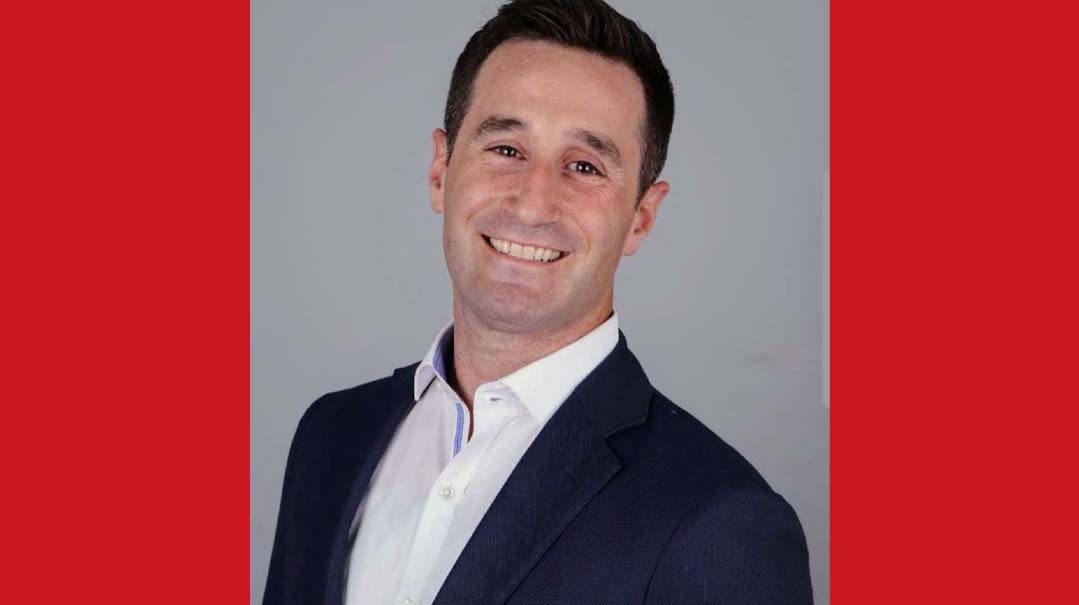Work/Life Solutions with Charlie Harary

"Failure is not the detour to success; rather, it’s the path to success"
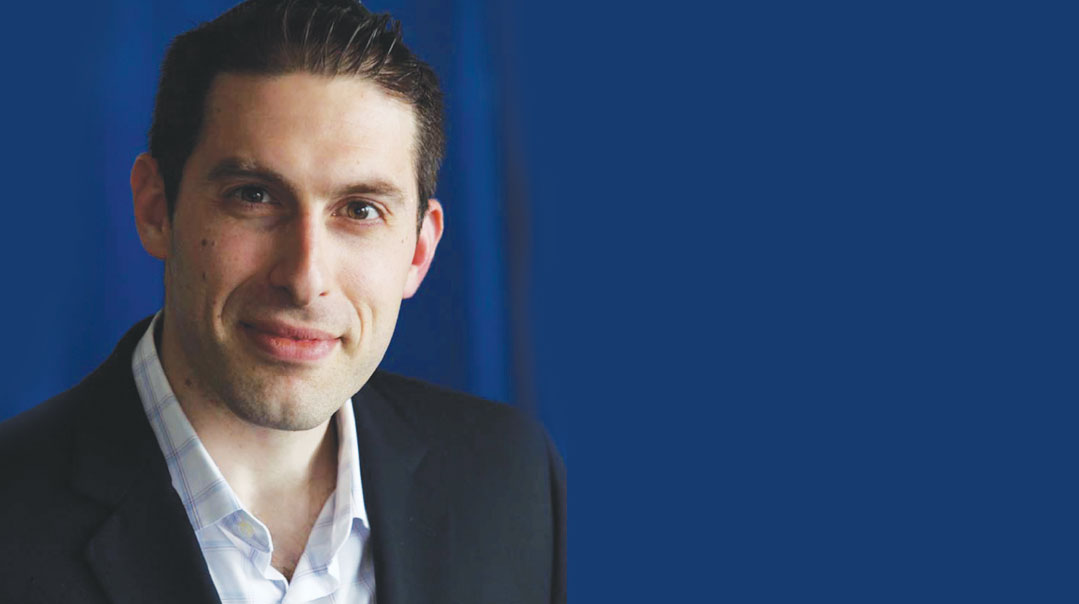
Who Charlie Harary, business executive, author, and prolific speaker, known internationally for his charismatic, passionate and sophisticated lectures, seminars, and keynote addresses.
What You’re probably already familiar with Charlie from his popular inspirational videos, but you should also know about the other impressive things that he does: He’s currently the CEO of The Ayven Group, an investment and advisory company based in New York. Previously, he was an executive at RXR Realty, a multi-billion-dollar real estate company, and was an associate in Paul, Weiss, Rifkind, Wharton & Garrison and Davis Polk & Wardwell. He received his JD from Columbia Law School where he was awarded the James Kent Scholar and the Harlan Fiske Stone Scholar. In addition, he’s the author of the best-selling book, Unlocking Greatness, published last year by Random House.
Where Charlie lives with his wife and children in Woodmere, NY, but is often traveling around the world to deliver empowering lectures on business, personal growth, and spirituality or to advise CEO’s and executive teams on how to grow and enhance their companies.
Why When I envisioned this column, a column that would spotlight men and women who are thriving in their personal, professional, and spiritual lives, there was one person on top of my list to interview, one person who was the very embodiment of everything I yearned to live and teach. That person was Charlie Harary. Without even knowing it, Charlie gave me the courage to be more confident as an Orthodox Jew in the business world and to significantly increase the time, energy, and creativity I allocated for learning and teaching Torah. To me, he revolutionized the concept that being a successful professional and having an extraordinary impact on the Jewish world are not mutually exclusive. More importantly, though, I’ve learned over the last few months that he’s even more impressive in real life. He’s incredibly modest, authentic, focused, calm, and happy. He’s a 100% family man, who deeply desires to learn more Torah and do whatever he can for the Jewish world. This interview sheds some light on the story behind the person, and I hope it will inspire you as it did me.
1 of 9: What opportunities or personalities played a key role in your career?
Very early on in my career, while I was still a lawyer, I was privileged to be involved with great Jewish organizations, including the Orthodox Union and others. As a result, I was able to interact with and create relationships with older askanim, people that have had managed to maintain successful careers while playing active roles in Klal Yisrael. Hashem blessed me with them, and many became my mentors. They were examples of people that were driven to do for the klal and who balanced business, learning, home, and klal.
The more exposed you are to individuals who spend their lives trying to give to Klal Yisrael, the more working hard and the nonstop running feels normal. I remember asking one of my mentors, Moishe Bane (who’s now the President of the OU): “When does it get easier?” He said: “Many times life feels like you are one inch below water; you can’t ever quite catch your breath.” I think the minute he said that to me, it became normal. Being busy wasn’t impressive anymore, it was normal.
3 of 9: What do you do to relax, recharge, or simply have fun? How do you make time for that, and how often?
I usually recharge with family. There are many nights and weekends where we go into “family lockdown.” We all cancel our plans, and we just spend the time together. Nothing fancy. Just us. It means a lot to me to have that time with them.
4 of 9: What was your most resounding failure? What did you take away from that experience?
I’ve had so many ideas, so many projects, so many ventures, in both the business and klal, that have failed miserably. That’s just the nature of trying. Early on in my life, I was taught: Failure is not the detour to success; rather, it’s the path to success. And it’s really true. You have to not be scared to fail. You have to always know that just because you failed, doesn’t make you a failure. Hashem runs the world and can make anything work or fail. It’s in His hands. Your job is to try, and sometimes, just the ability to keep going after a failure is what gives you the zechus for a success in the future.
5 of 9: If you were granted an extra three hours per day or a spare million dollars, what would you do with that time or money?
I’d most definitely pick three hours. Money comes and goes. The most valuable resource we have is time.
What would I do with those three hours? I would disappear and learn. When you live in a world where we’re running around a lot, many times learning becomes rushed. You wake up really early to learn, you learn on trains, you learn on planes, you learn at night. You lose your large blocks of learning time. And even when you have them, calls, emails, and messages seem to always cut in.
If I had had three more hours in a day, I would just disappear to a beis medrash, one with an endless amount of coffee and a library of seforim in nigleh and nistar, and, as they say, just “plow!”
6 of 9: What is the most inspiring feedback you’ve ever received? Did that impact what you did next?
Feedback is critical when you’re in the mindset to be open to it. The most inspiring feedback I get are from people who actually care about me and who really want me to be better.
There are two types of feedback. First, there’s complaining that’s masked in feedback, coming from people who are just trying to take a shot that they couch in “feedback.” Then there are the people who really want you to be better. You can see it in their eyes, they genuinely care about you, and they know that if you just hear this, you’ll get better at what you do. That’s the feedback that inspires me. Because it’s not easy on their part. It’s easier to just not give feedback, and everyone’s happy with each other. But when you give someone feedback, you put the relationship at risk. So that means, if you’re willing to take the risk, you must really care about the person.
Nobody’s perfect, and we all have a lot to learn. We’re all a work in progress. And when someone says to me: “I really thought about what you said or did and I’d like to share my feedback,” right away, I can sense whether that feedback is for my benefit or just because they want to say something. And when it’s for my benefit, I’m inspired, both by the feedback and by the person who took the time, energy, and effort to make someone into a better person.
7 of 9: If you were asked to deliver a TED Talk that would be watched by 50 million people, what topic would you choose to speak about? Why?
If I could deliver a message that would be watched by 50 million people, it would be: Why believing in G-d is totally rational, and why living a life trying to create a relationship with Him is the best life you can possibly have.
8 of 9: Can you share a time when you had to navigate the tension between your deepest values and the business world?
I’m constantly navigating those tensions. For me, it’s really a question of emunah and bitachon — the more that I focus on bitachon, whether it’s through learning or talking to my rebbeim or friends, the more it’s clear that Hashem runs everything — including our parnassah.
Bitachon is not something to know — it’s a skill that we needs to constantly be practiced, reinforced, tested, and discussed. The more it’s at the forefront of our mind, the more resilient we are in a world that doesn’t align with our values.
I remember a story that had a huge impact on me: During my first year as in-house counsel of a public company, they were looking for a buyer for the entire company. I connected the management team with an established, Orthodox real estate family to talk about acquiring the company — for an estimated $5 billion.
So, the group gets together. I introduce the executives of the company to the real estate family, and they start discussing properties, the market values, and other aspects of the purchase. After they did some calculations, the head of the family says to my CEO: “This make sense; maybe we’ll do it.”
Everybody agreed to follow up to finalize the negotiations, and then my CEO announced: “We’re on a very tight time crunch; we must get this done quickly. If we don’t sell our company to you, we’ll find another acquirer.”
I went outside with the guys to find the soonest time that everyone could meet. And the way it worked out with everyone’s hectic schedules, the only day that was available was on Chol Hamoed Succos. So I said to the Jewish owner of the real estate company: “How does Wednesday work?”
“It looks okay to me,” he responded. But then he glanced at this calendar, shook his head, and said “No, no, no… it’s Chol Hamoed.”
So I responded: “Yeah, I know. It’s not Succos. It’s Chol Hamoed.”
He said: “I don’t work on Chol Hamoed.”
So I said: “I know you typically don’t work on Chol Hamoed, but this is a major transaction that you can potentially lose!”
He then looked at me in a way that I’ll never forget, and responded, “Lo tavi brachah. The Rabbis teach us: If you work on Chol Hamoed, it won’t bring about blessing. I don’t care how big the transaction is — I don’t do things that don’t have brachah. If the only time your CEO can meet is over Chol Hamoed, sorry, but I’m out.”
And that’s what happened. The family declined the meeting, and my CEO moved on with a different purchaser. I couldn’t believe what I saw — here is a deal with massive potential, and they passed it up because it compromised their principals. And that taught me a lesson in what it really means to have emunah. You don’t give in on your standards, whatever they are, for any amount of money. Because at the end of the day, it doesn’t matter how many deals you do or how much they’re worth — it only matters if they have brachah, and you only want money that comes with Divine blessing.
9 of 9: If you were advising a young man/woman hoping to launch a career as an entrepreneur, which “dos” and “don’ts” would you share?
*Don’t get lost in your idea. Don’t just rely on your friends and family to see if they like it. Test it. Speak to potential clients. Speak to potential investors. Make sure your business is value-added, otherwise you won’t gain market penetration.
*You must be willing to put a lot of time and effort into being great at it. An entrepreneur can’t hide behind a paycheck or a large organization. It’s you. And you must be great at what you do. And if you’re not great at what you do, the world will go to somebody else.
*Entrepreneurship is not a fallback position — it’s a choice. And it’s a hard choice. It has a lot of risk and very little safety net. And if you do it, make sure you are passionate about it, because it will take up most of your time.
*As you get started, you will find lots of reasons to stop. Don’t. Don’t listen to the naysayers. Keep plugging away at your dreams. Hashem gives to those that have ratzon, desire.
(Originally featured in Mishpacha, Issue 789)
Oops! We could not locate your form.







